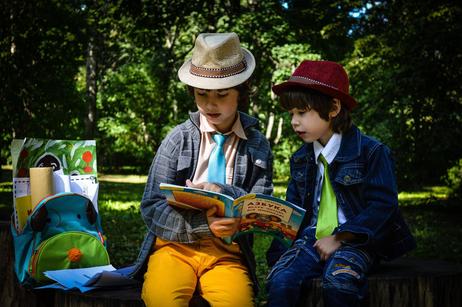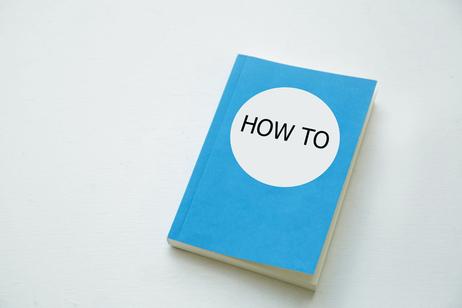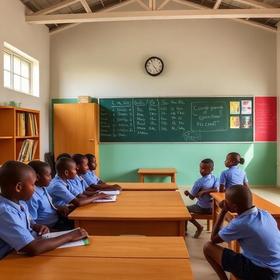Private School 101: A Chill Guide to Surviving and Thriving
You and I both know that your kid is not going to read this article unless you send her the link. So, please do that after you have those initial conversations about going to private school. Of course, it's an easier conversation to have if her older siblings have gone to the same school she's going to. But still, don't assume anything. Be proactive in addressing her concerns. After all, you want her to be happy.
I understand that more than you know because my four children all attended private schools. We took great care to make going to private school their idea. That produced lots of anticipation, enthusiasm, and eventually appreciation for our support of a great educational opportunity.
Student: Hey, I'm heading to private school soon. Any tips on how to survive?
School: Yo, congrats on the new adventure! Here's the lowdown on thriving in private school.
Dive In and Get Involved
Student: What's the deal with all the activities?
School: Dude, it's like an all-you-can-eat buffet of opportunities! We've got three main plates:
- Academics (obviously)
- Sports
- Extracurriculars
The cool part? You gotta try 'em all. It's not just about hitting the books. Jump into a new sport or club you've never tried before. Trust me, you won't be the only newbie, and you'll have a blast. But don't take my word. Check us out on social media. YT has tons of videos. And we're on TikTok

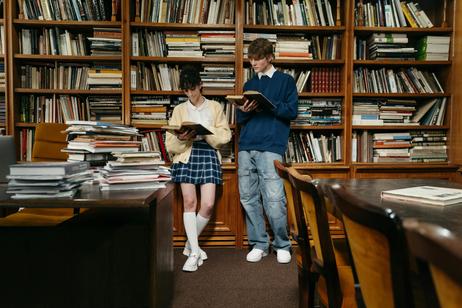
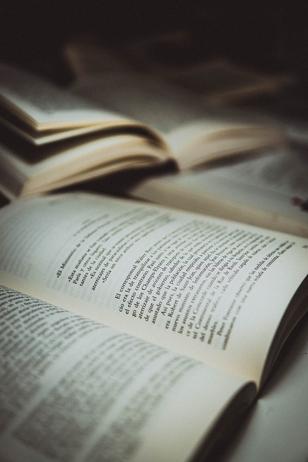
 Why Private School? (2025 Edition)
Why Private School? (2025 Edition)